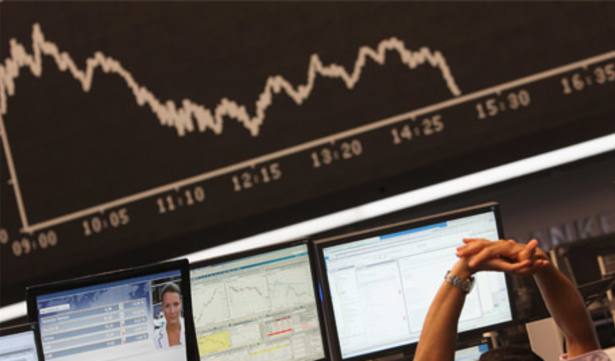
With Donald Trump and Kim Jong Un engaging in unpredictable behaviour in recent weeks, and UK politicians struggling to put together a Brexit policy, clients may understandably be feeling a little nervous.
Volatility is clearly the aspect of investing that some clients feel nervous about – when markets overreact it can often feel like playing the casino. But advisers have been deriving a variety of responses to changes in the markets, and threats, perceived or otherwise, on the geopolitical level.
The stock markets have been on a bull run since the start of the year, rising 200 points to over 7,300 in the middle of August. The markets had little response to the initial Trump/North Korea stand-off, despite the best efforts of the newspapers, although stocks in Europe fell one per cent the day that North Korea sent a missile over Japan.
But how is this affecting clients? Some advisers have noticed a real reticence on the part of clients, and many other advisers are telling their clients to stay in touch, and remind them that they are well prepared for any particular downturn.
Concern
Keith Churchouse, director of Surrey-based Chapters Financial, said: "People have been going on holiday and seeing the real effects of sterling disappearing; where generally we might have paid 5 euros for a beer, now you're paying 7 or 8 Euro.
"There's a fear we might have to go back to another election and if that's the case that's going to create confusion and delay. I think there's a real lack of confidence in our politicians to be able to deliver anything significant."
While some may be avoiding the markets others are becoming more mindful of the risks and are adjusting accordingly.
Chris Ball, a financial planner at Leicester-based Boolers, said: "If you consider in our world people either take risk or they don't take risk, it's either cash or equities; we've not changed advice, but people may consider pound cost averaging.
"If somebody has £100,000 to invest, they may want to make that money work harder, then you might put that in over six months rather than put it all in the market on day one. If you put it all in the market immediately and World War three starts, you can see that disappear.
"People are reducing their short-term portfolio risk by drip feeding into the market but they're comfortable with long-term risk because they know that money will work harder than cash and inflation.
"Volatility is important and people are inclined to manage some of the short-term risk, but they still use long-term risk assets because time is important."
Key Points
- Investors are worried about volatility in stock markets following instability on the world stage.
- Multi-asset investing is the way to manage volatility.
- Some advisers prefer picking their own funds to develop a multi-asset investment philosophy.
Alan Steel, chairman of Alan Steel Asset Management, said his clients are comfortable with the volatility in the markets because he stays in touch with them and reminds them that their portfolios are well-prepared for any possible downturn.






